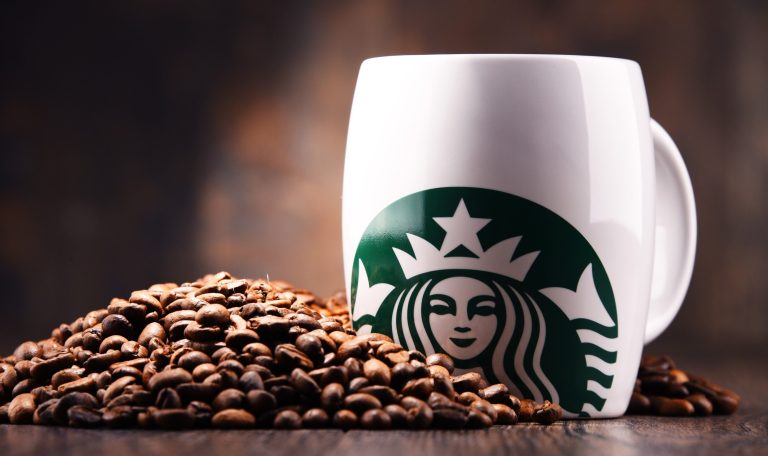They were supposed to be more eco-friendly, but they sell more and more plastic. Scandalous data from Great Britain

British supermarkets loudly announced that they would join the campaign to save the planet and limit the sale of plastic bags. It turns out they did quite the opposite.
Despite announcements to reduce the use of plastic waste bags, British retail chains did the opposite – we learn from a joint report by the Environmental Investigation Agency and Greenpeace. According to analyzes of the collected data, this sector of the economy was responsible for over 900,000. tons of plastic waste.
The amount of waste is increasing
Reducing the amount of waste produced is currently one of the main topics used to improve the image of companies. Retail chains that are constantly announcing new pro-ecological strategies are eager to use it. However, as it turns out, as many as 7 out of 10 largest chains in Great Britain, despite announcing reductions, increased the amount of plastic waste produced compared to last year.
The biggest increase can be seen in the sales of plastic bags. In Great Britain, which was also partially visible in Poland, attempts were made to convince consumers to use more durable plastic bags. They were told that they were reusable and therefore much more ecological. The truth is that they contain much more harmful and long-degrading plastic and were often thrown away after one use. Compared to 2018, only on the British market, sales of this type of bags increased by 25%. and reached 1.5 billion pieces. As calculated, this amounts to over 22 bags of this type per year for a family of three.
– It is shocking that despite the fact that we see increasing environmental awareness among the public, the number of plastic bags sold is increasing, says Juliet Phillips from the Environmental Investigation Agency.
The report also shows that the problem is not only the number of bags sold, but also the way the products are packaged. There are no visible changes in the organizational culture of the largest chains. They still pack their products mainly in plastic packaging.






